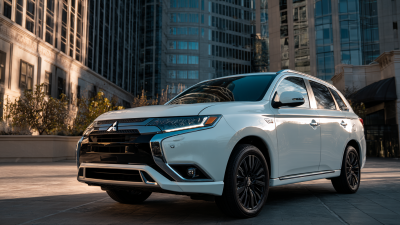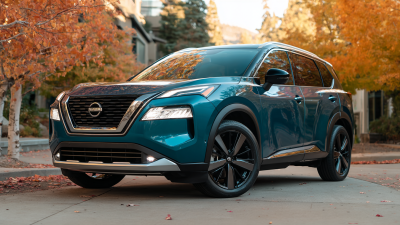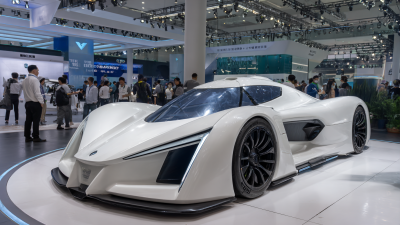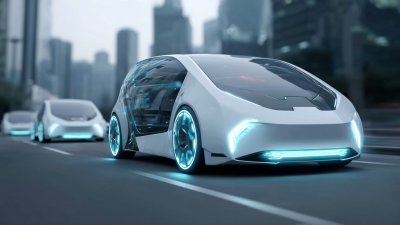As the world continues to prioritize sustainability and eco-friendliness, the automotive industry is evolving to meet the needs of eco-conscious drivers. One of the most promising advancements in this arena is the emergence of Plug In Hybrid SUVs. These versatile vehicles offer the best of both worlds, combining the efficiency of electric driving with the practicality of traditional gasoline engines. With growing concerns about climate change and increasing fuel costs, eco-conscious consumers are seeking solutions that allow them to reduce their carbon footprint without sacrificing performance or convenience.
Plug In Hybrid SUVs present an ideal option for those looking to embrace a greener lifestyle. They not only allow for shorter commutes or errands to be completed on electric power alone, but they also provide the peace of mind that comes with a backup gasoline engine for longer journeys. This flexibility makes them particularly appealing to drivers who want to transition to cleaner energy sources but are apprehensive about being tethered to charging stations or standing at the mercy of limited electric range.
In this article, we will explore the many advantages of Plug In Hybrid SUVs, from their environmental benefits to their practical features, demonstrating why they should be at the top of the list for environmentally-conscious individuals who seek an intelligent and adaptable driving experience.
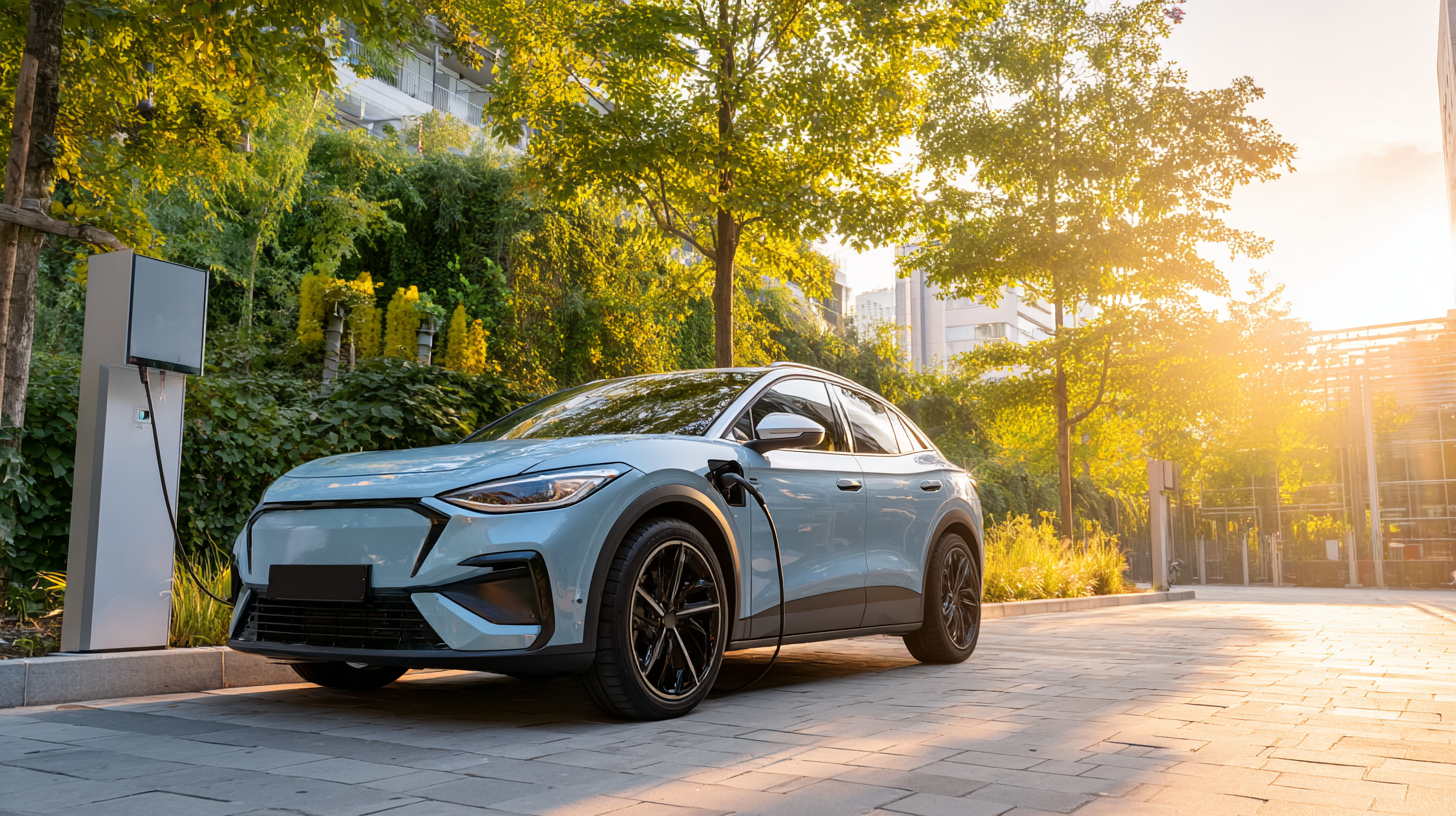
The rising popularity of plug-in hybrid SUVs among eco-conscious consumers signals a significant shift in vehicle preferences and environmental awareness. As more drivers seek to reduce their carbon footprint, plug-in hybrid SUVs offer an ideal blend of efficiency and performance. These vehicles allow drivers to enjoy the benefits of electric driving with the added assurance of a traditional gasoline engine, effectively addressing range anxiety that often accompanies fully electric vehicles.
Moreover, advancements in battery technology and charging infrastructure have made plug-in hybrids more accessible and user-friendly. Eco-conscious consumers appreciate the flexibility of being able to charge their vehicles at home or utilize gasoline when necessary. This versatility not only caters to urban dwellers but also appeals to those who frequently embark on longer journeys.
As environmental regulations become stricter and support for sustainable transportation grows, the demand for plug-in hybrid SUVs is expected to continue its upward trajectory, making them a smart choice for the modern driver committed to both sustainability and practicality.
Plug-in hybrid SUVs represent a significant advancement in environmentally friendly transportation. By combining a traditional internal combustion engine with an electric motor, these vehicles offer the flexibility of extended ranges while reducing emissions. Eco-conscious drivers benefit from the ability to operate on electric power alone for short trips, which decreases their carbon footprint and conventional fuel consumption. When charged regularly, drivers can significantly minimize their dependency on fossil fuels, making a substantial positive impact on the environment.
The environmental benefits of plug-in hybrid technology extend beyond immediate emission reductions. By utilizing regenerative braking and efficient energy management systems, these SUVs optimize power usage and enhance overall vehicle efficiency. This technology not only lowers pollution levels but also helps reduce greenhouse gas emissions associated with climate change. Furthermore, as grid energy sources become increasingly renewable, the positive environmental impact of charging plug-in hybrids is expected to grow, making them a smarter choice for drivers who are committed to sustainability and looking to contribute to a greener future.

Plug-in hybrid SUVs are rapidly gaining traction among eco-conscious drivers, and one of the most compelling reasons for this trend is their potential for significant cost savings. According to a 2021 report by the U.S. Department of Energy, plug-in hybrid vehicles (PHEVs) can save consumers over $4,000 in fuel costs over the lifetime of the vehicle compared to conventional gasoline-powered SUVs. This is particularly relevant given rising fuel prices and the increased efficiency of PHEVs, which can run on electric power for shorter commutes, reducing reliance on gas.
Moreover, the total cost of ownership benefits extend beyond just fuel savings. A study from the Electric Vehicle Association highlighted that PHEVs typically require less maintenance than traditional vehicles, with fewer moving parts in their electric drivetrains. This translates to lower repair costs and longer intervals between service needs. Additionally, many governments offer tax incentives and rebates for purchasing eco-friendly vehicles, further reducing the initial investment and enhancing the long-term financial appeal for eco-conscious drivers. As the automotive market evolves, investing in a plug-in hybrid SUV not only promotes sustainability but also represents a smart financial decision for those seeking to minimize their overall expenses.

Plug-In Hybrid SUVs are increasingly becoming the go-to choice for eco-conscious drivers thanks to their innovative features that elevate the driving experience. According to a 2022 report by the International Council on Clean Transportation (ICCT), plug-in hybrids can reduce greenhouse gas emissions by up to 50% compared to traditional gasoline vehicles. This significant reduction is largely attributed to their ability to operate on electric power alone for shorter trips, allowing drivers to optimize fuel efficiency and minimize their carbon footprint.
One of the standout features of modern plug-in hybrid SUVs is the regenerative braking system, which converts kinetic energy into electrical energy, recharging the battery during deceleration. A 2023 study by J.D. Power found that vehicles equipped with this technology can improve overall energy efficiency by as much as 20%. Furthermore, advanced driver-assistance systems (ADAS) available in many plug-in hybrids enhance safety and convenience, making them ideal for eco-conscious families. Features such as adaptive cruise control and lane-keeping assistance not only reduce driver fatigue but also promote a smoother and more efficient driving style, further contributing to reduced emissions.
The landscape of sustainable driving is rapidly evolving, particularly with the rise of plug-in hybrid SUVs. As eco-conscious drivers seek alternatives to traditional fuel vehicles, manufacturers are responding with advanced technologies that combine electric and gasoline power. This trend not only reduces emissions but also offers the flexibility of using electric power for short trips while retaining gasoline options for long journeys. This dual approach caters to the growing demand for versatile and environmentally friendly vehicles.
Market analysts project a significant growth in the plug-in hybrid SUV segment, with global demand expected to continue rising. By 2025, the market for electric vehicle drivetrains is anticipated to reach substantial figures, driven by innovations in hybrid technology and increased consumer awareness of environmental issues. Major automotive players are investing in advanced designs and AI technologies, aiming to lead the charge in sustainable transportation solutions that meet the expectations of modern drivers. This shift towards hybrid models exemplifies a broader commitment to cleaner driving, reflecting both industry trends and consumer preferences.
| Model | Electric Range (miles) | Combined MPG | CO2 Emissions (g/km) | Price ($) |
|---|---|---|---|---|
| Model A | 30 | 45 | 40 | 35,000 |
| Model B | 40 | 50 | 35 | 42,000 |
| Model C | 25 | 48 | 45 | 38,500 |
| Model D | 50 | 55 | 30 | 40,000 |
